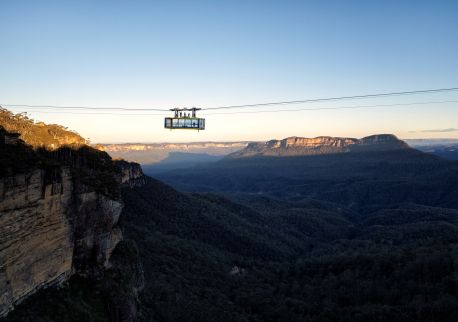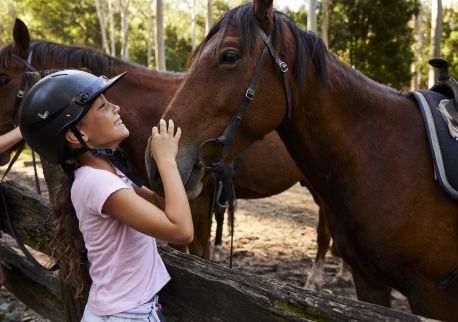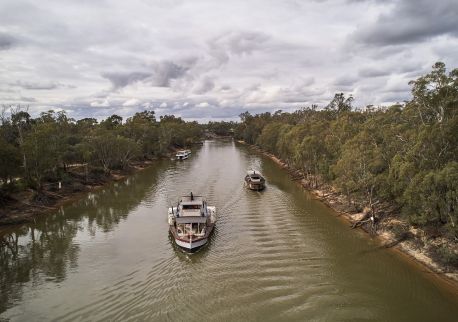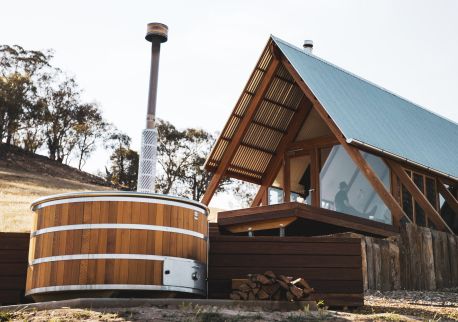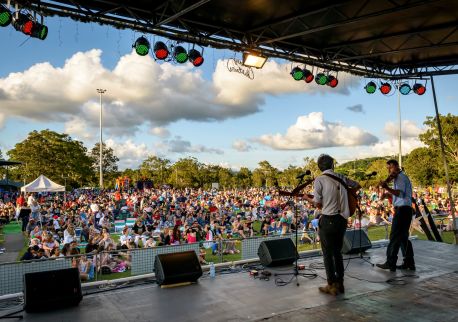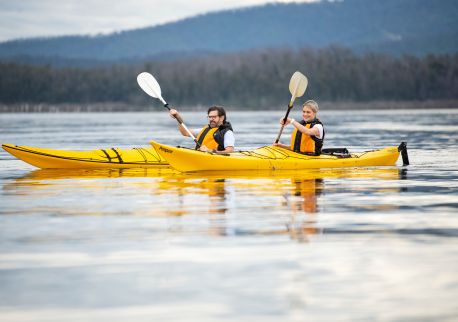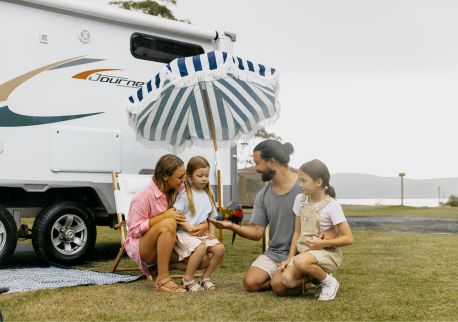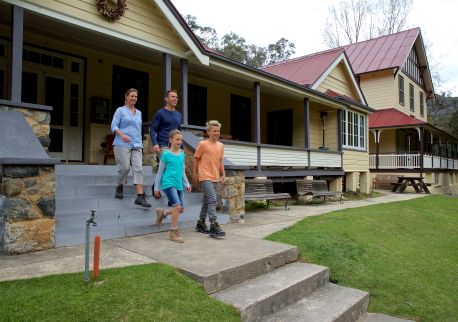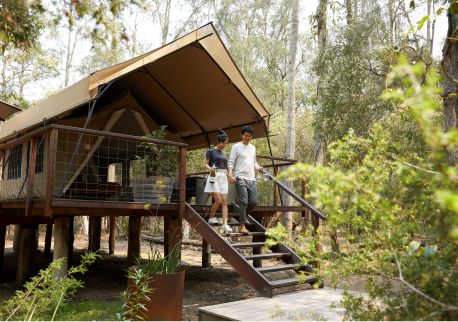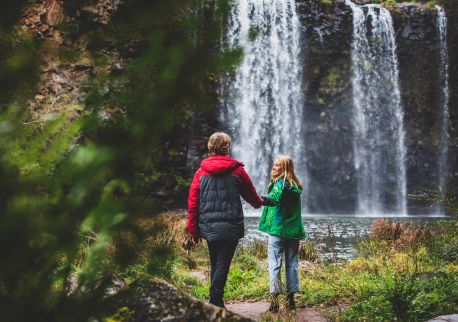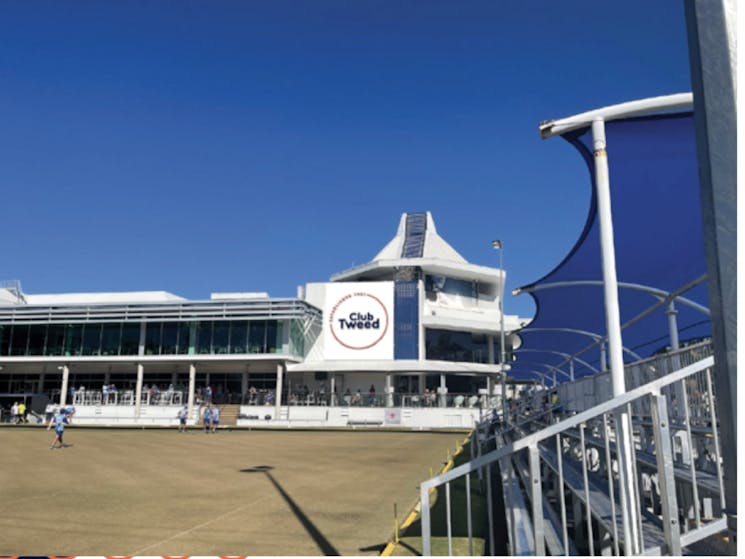Golden Nugget and Barefoot Bowls
Wednesday 31 July 2024 to Sunday 04 August 2024
Overview
The Golden Nugget held at Club Tweed is a highly prestigious invitational lawn bowls singles tournament that has been running for decades.
This event attracts top players from all over the world, making it one of the most sought-after invitational tournaments in the sport.
The Golden Nugget has a rich history of inviting some of the greatest bowlers of all time and is known for its high level of competition and intense gameplay. Players compete for the chance to win the coveted Golden Nugget trophy, which is considered one of the most prestigious prizes in the sport.
With a strong sense of community and a tradition of excellence, the Golden Nugget at Club Tweed is a must-see event for lawn bowling enthusiasts and is sure to provide a thrilling experience for all.
Barefoot Bowls is the most popular social sport right now! The outdoor greens are 100 percent natural grass which makes for a great afternoon in the Gold Coast sunshine. There is also an indoor green facility that can be used for barefoot bowls parties.
Lawn bowls is easy to learn and is a great activity for everyone. Everyone is welcome to try out lawn bowls at Club Tweed.
Accessibility
A quiet space is available at the venue/ facility
Actively welcomes people with access needs.
Adhere to The Food Authority requirements for allergy management in food preparation
Ask all visitors if there are any specific needs to be met
Caters for people who are blind or have vision loss
Caters for people who use a wheelchair.
Caters for people with allergies and intolerances.
Caters for people with sufficient mobility to climb a few steps but who would benefit from fixtures to aid balance. (This includes people using walking frames and mobility aids)
Have a step free main entrance to the building and/or reception area (includes ramps or slopes with a maximum gradient of 1:14, otherwise are too steep for wheelchairs)
Have accessibility information and photos, including of a bathroom, room and/or floor plan on your website (can be emailed on request)
Have an accessible public toilet which is unlocked
Have an appropriate area for toileting an assistance dog
Have at least one wheelchair accessible parking space with wheelchair accessible signage clearly displayed (International standards are 3200mm wide x 2500 mm high)
Have doorways which are easy to open and have lever handles (doorways 850mm or wider when open and not heavy)
Have equipment to respond to anaphylactic shock such as epi–pens and defibrillator
Have Exit signs which are visible at a ground level (high level signs are difficult to see in a fire)
Have grab rails in the bathroom
Have handrails on all your stairways
Have lifts with enough space for people using a mobility aid to enter and turn around to use the lift buttons. Buttons are at accessible height.
Have raised tactile buttons in your lifts
Have step free access to restaurant, lounge and bar
Have step free access to the conference or function room
Have step free outdoor pathways (includes picnic areas, barbecues and shelters)
Modify your cooking and cleaning practices to cater for people with food allergies or chemical intolerances (could include menus with meals free from: nuts, dairy, seafood, eggs, gluten etc)
Offer a range of contact methods for receiving complaints
Offer multiple options for booking - web, email, phone
Provide assistance with booking arrangements (includes providing clear itineraries with written instructions on what to do at various destinations)
Provide digital communication materials (hard copy information is also available on line)
Provide information in large print
Provide portable ramps
Provide seating in common areas including reception area
Train your staff in customer service for people with vision loss (training would incorporate way finding and communicating with people with vision loss)
Train your staff in communicating with people with learning or behavioural challenges
Train your staff in disability awareness
Train your staff to respond to allergic reactions
Use easy read fonts in your signage and communication materials (Helvetica and Arial)
Use floors/coverings which are slip resistant, firm and smooth
Use non-slip tiles in the bathroom or slip resistant matting
Use Plain English / easy read signage and information (includes menus and emergency information)
Welcomes and assists people who have challenges with learning, communication, understanding and behaviour. (includes people with autism, intellectual disability, Down syndrome, acquired brain injury (ABI), dyslexia and dementia)

